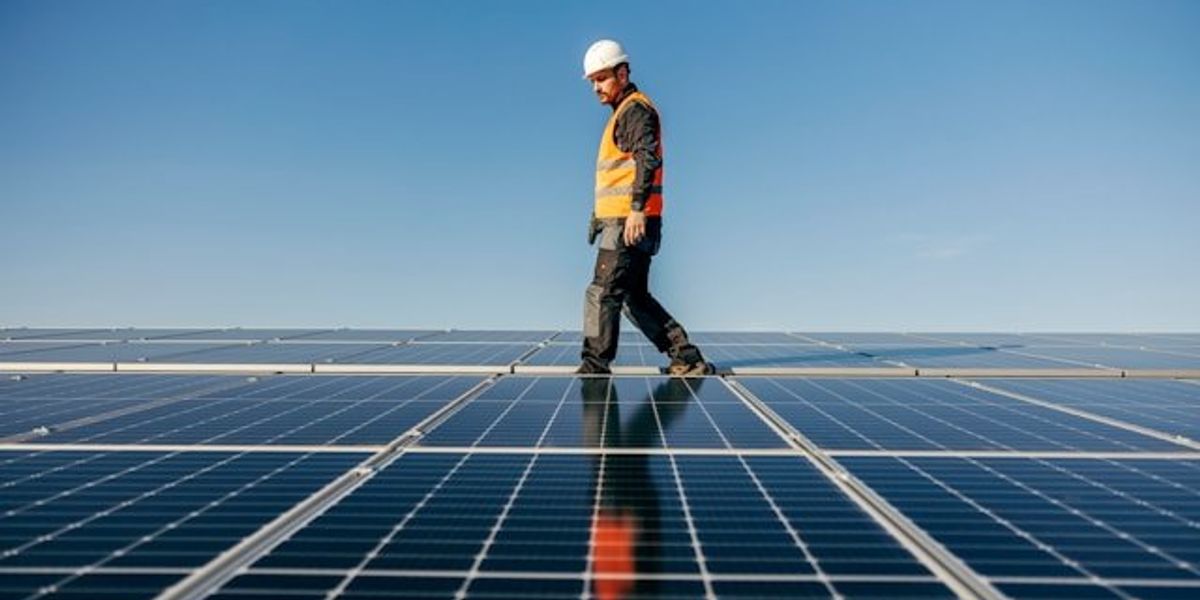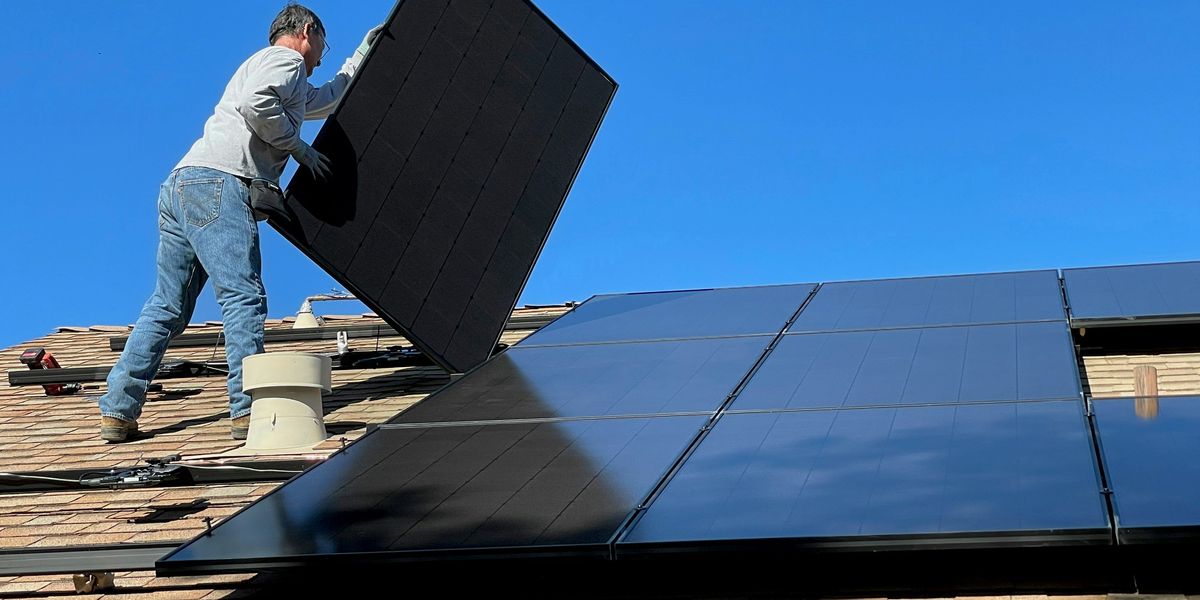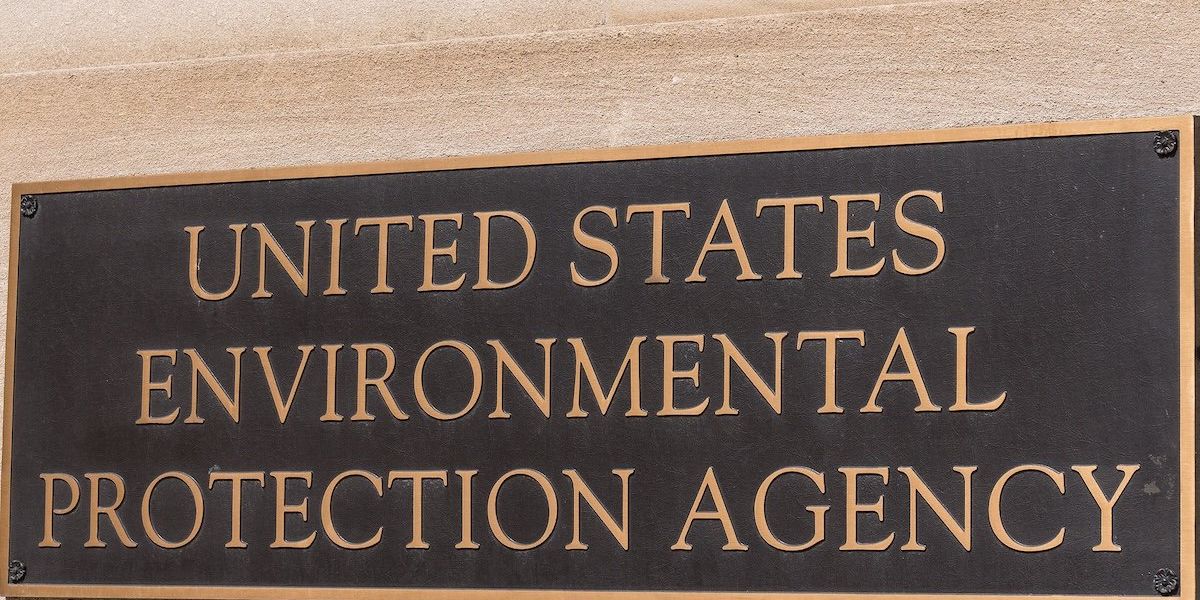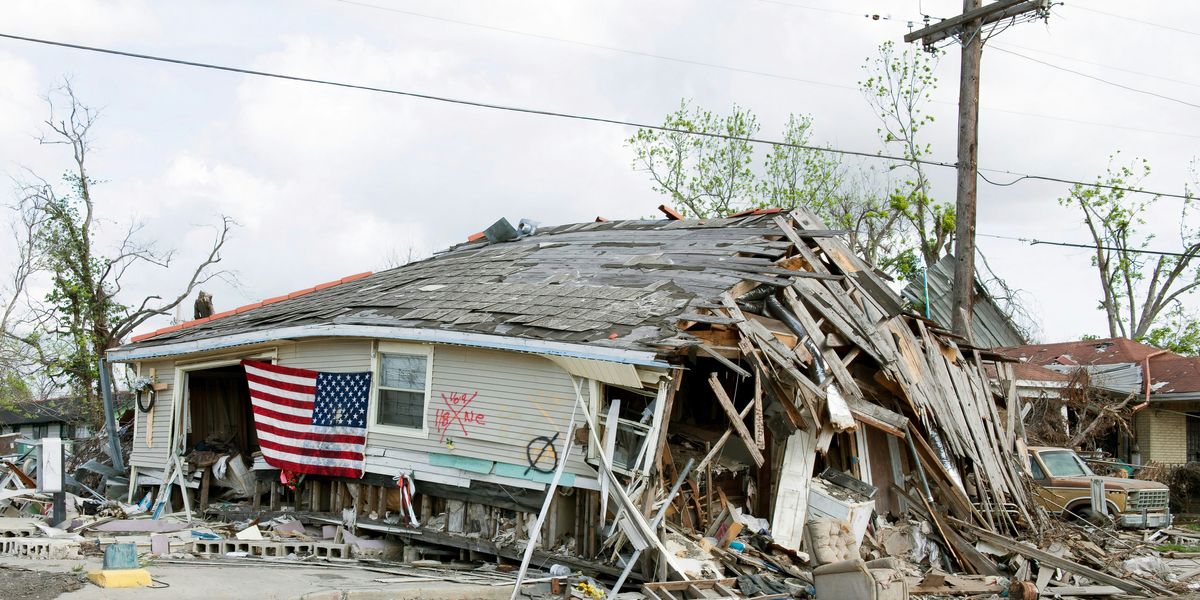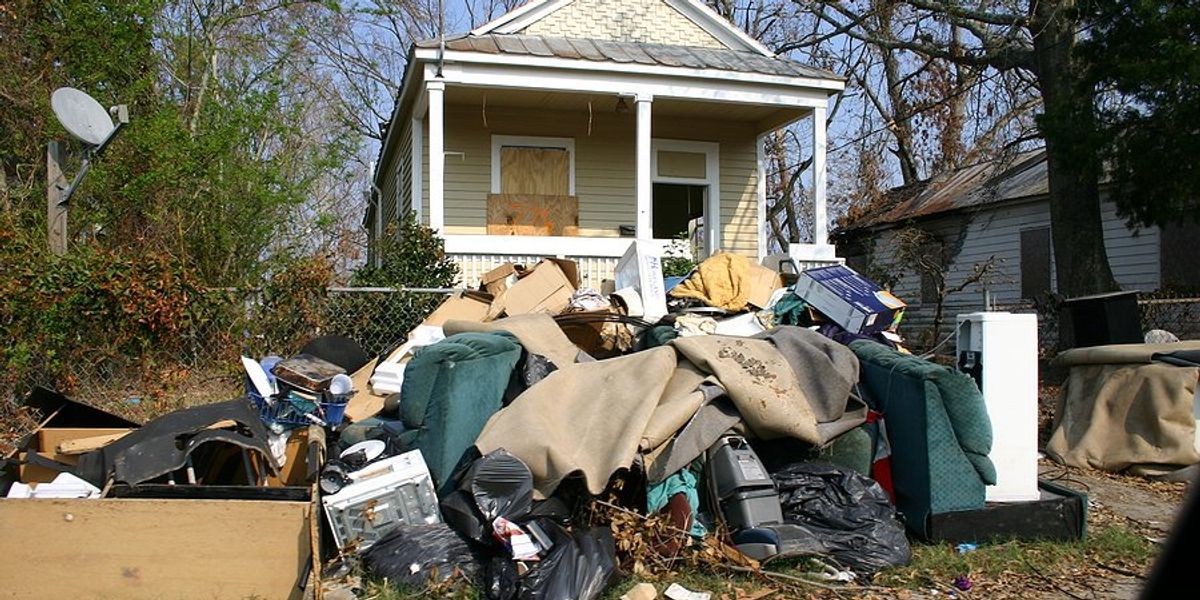america
The people who supply food in America are facing hunger
Climate change and rising costs are forcing many farmworkers in the U.S. to struggle with food insecurity.
In short:
- Farmworkers like Rosa Morales face extreme heat, low wages, and lack of protection while working.
- Rising food prices and decreased crop yields due to climate change worsen their financial strain.
- Many farmworkers are ineligible for federal aid, leading to reliance on community gardens and food pantries.
Key quote:
“When we talk about supply chains and food prices going up, we are not thinking about the people who are producing that food, or getting it off the fields and onto our plates.”
— Nezahualcoyotl Xiuhtecutli, National Sustainable Agriculture Coalition
Why this matters:
Farmworkers, who are already among the lowest-paid laborers in the country, are bearing the brunt of climate-driven disasters and inflation. Extreme weather events like droughts, floods, and heatwaves are reducing crop yields and disrupting work schedules. This not only diminishes their earnings but also exacerbates the physical strain of their jobs. The rising costs of living, driven by inflation, are stretching their already thin budgets to the breaking point.
Be sure to read:
Carbon sequestration faces resistance in rural America
A plan to capture and store carbon dioxide underground in Montana faces fierce local opposition, despite being backed by major oil companies and the Biden administration.
In short:
- The proposed project aims to store carbon emissions underground in Carter County, Montana, to combat climate change.
- Local ranchers and residents fear the impact on the environment and community, citing a lack of desire to become a national "dumping ground."
- Existing carbon capture projects face similar issues nationally, raising concerns about safety, environmental impacts, and technology effectiveness.
Key quote:
"They are presenting this as a climate solution and I don’t know that it is. The only thing I do know is that it is part of their plan to continue producing oil and gas."
— Liz Barbour, manager of Cinch Buckle Ranch
Why this matters:
Many local residents and environmental groups are raising concerns about the safety and long-term impacts of storing carbon underground. Fears of potential leaks, groundwater contamination, and seismic activity echo through community meetings and public forums. Critics argue that such projects allow fossil fuel companies to continue business as usual, prolonging reliance on oil and gas rather than transitioning to renewable energy sources.
American exposure to smoke pollution reached 17-year high in 2023
The US is on track to experience its worst year for smoke exposure in decades, after wildfires in Canada sent toxic plumes drifting across the border to the Midwest and the East Coast earlier this summer.
Gran Chaco: Will a new road improve or destroy the 'green hell'?
America’s forests are ‘present and vanishing at the same time’
The nation’s forests stand at the juncture of “nostalgia and progress,” beloved but threatened now by the ravages of climate change.
California floated cutting major Southwest cities off Colorado River water before touching its agriculture supply
In a closed-door negotiation last week over the fate of the Colorado River, representatives from California’s powerful water districts proposed modeling what the basin’s future would look like if some of the West’s biggest cities – including Phoenix and Las Vegas – were cut off from the river’s water supply.













